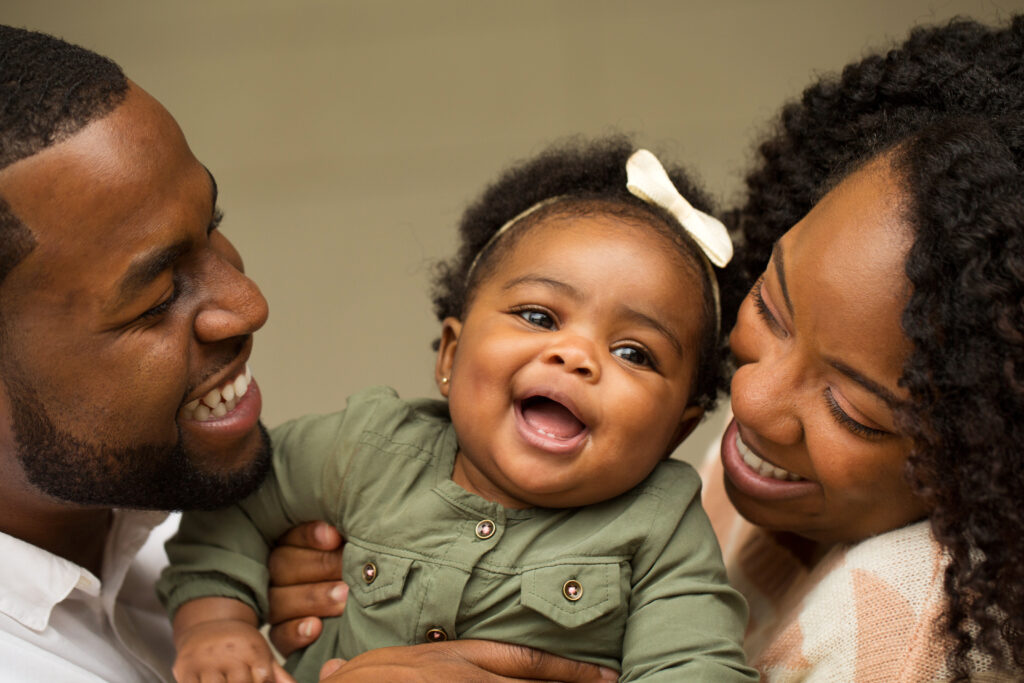Culture, Features, Life Advice, Relationships
10 Super Helpful Tips for New Parents
Navigating parenthood can be both exciting and scary. Finding out the type of parenting style you wish to adopt and how that will ultimately fit into your life are some aspects of becoming a parent. At the same time, there are plenty of easy ways to make this transition into parenthood as smooth as it can be. Here are 10 super helpful tips for new parents.
1. Create a family calendar.
Staying organized as a new parent is everything to ensure you’re not stressed out and doing things at the last minute. So, in addition to creating a daily schedule for your baby, design a family calendar to keep important reminders, tasks and to-dos in one place. You can create an online family calendar using Google to allow other family remembers to see, create and edit events. Or use a manual calendar to document anything and everything your family needs to remember for the month ahead.
2. Join an online parent support group.
When you’re adjusting to parenthood it may feel like it’s just you and your partner. However, you’re not alone. Parent support groups provide a community for moms and dads, especially those who may be dealing with postpartum stress and depression. Also, it’s a great way to connect with other new parents about their journey. (Check out this list of online support groups for new and expecting parents from the Children’s Hospital of Philadelphia.)
3. Don’t be afraid to ask for help.
Your hands are full now being a parent, which makes it all the more important to ask for help when you need it. I know it’s easier said than done because But, if you have friends or family who are willing to offer a helping hand, don’t pass it up if you really need it. Healthline outlines 12 ways new parents could (and should) ask for help—which range from using a meal service template to outsourcing household tasks. Ultimately, your child benefits enormously when their parents aren’t stressed and overwhelmed.
4. Remember that sick days will happen.
According to pediatrician Camille Sabella, MD, an infant’s immune system doesn’t mature until they’re about two to three months old. He explains to the Cleveland Clinic that because of this babies are vulnerable to viruses such as the flu, stomach virus and respiratory syncytial virus. This is why it’s necessary to prepare for your baby’s sick days. Fortunately, Wendy Hunter, MD, Rady Children’s Hospital, University of California, San Diego, shares with Parents.com a helpful tip for doing so. “Stock up on rehydration drinks like Pedialyte, Gatorade or Vitamin Water so you don’t have to run to the store in the middle of the night when your little one is vomiting.”
5. Find ways to bond with your baby.
Bonding with your baby allows the both of you to form an attachment in a special way and makes the child feel secure. The experts at KidsHealth say cradling your baby and gently rocking or stroking them are two ways to begin bonding with your baby. Breastfeeding and bottle-feed also offer opportunities for natural bonding with your baby to occur. Ultimately, you and your partner frequently embracing the baby they’ll begin recognizing the difference of your touches.
6. Avoid leaving pet food around unattended.
If you’re a new parent and a pet parent, keeping both of your little ones safe and happy is key. One way to do this is by not leaving any pet food unattended for your human baby to possibly consume because the experts at Geico Living warn that dog and cat nibble can create a choking hazard for infants. Yikes!
7. Sleep when your baby sleeps.
Getting an uninterrupted night of rest is unfortunately rare when you’re a new parent between diaper changes and getting your baby back to sleep. Johns Hopkins sleep specialist Grace W. Pien, MD, MSCE, notes that newborns sleep for a total of 16 to 18 hours every day (with naps ranging from two to four hours). To combat tiredness, Dr. Pien encourages you to try and get some rest when the baby is. “If you’re getting enough sleep, you’re going to be better able to fulfill your new responsibilities of taking care of the baby,” she says. “You’ll be more patient and more likely to feel good about parenting.”
8. Maintain a healthy relationship.
You and your partner have another little human to care for, but you also should make time for each other. Otherwise, you risk losing the strong connection that brought the child into both of your lives. “Any weakness in that relationship will get magnified by having a child,” licensed psychologist John C. Friel, PhD, explains to WebMD.com. “And while you have to focus a lot on the new baby, you must somehow maintain a sense of being a couple.”
9. Don’t forget about your needs.
Making time for yourself as a new parent isn’t selfish, it’s necessary. Staying hydrated, keeping up an active lifestyle and eating a balanced diet are all important aspects of your health that shouldn’t be ignored. Also, it doesn’t hurt to take the occasional spa day or an afternoon to catch up on a good book while the baby is napping. You deserve it!
10. Cherish every moment.
As much as parenting can be stressful, it’s also extremely rewarding. Always cherish milestones such as your baby smiling at you and when they’re able to hold their head steady as you’re holding them. These small moments won’t likely happen as the years go by, but that’s okay. You’ll have lots of other accomplishments to celebrate then.



